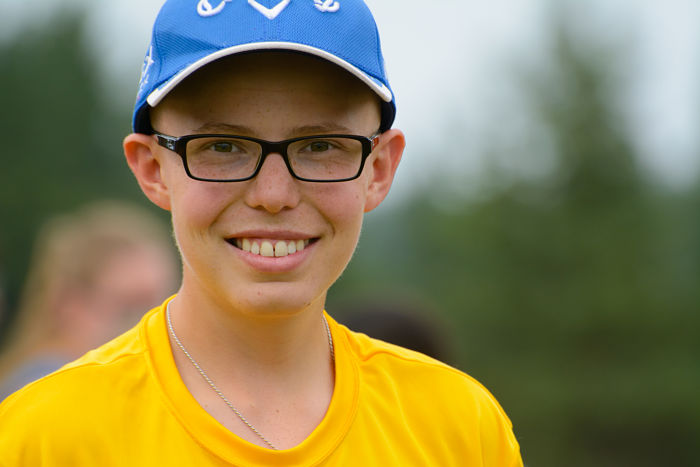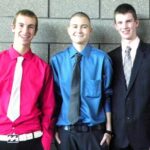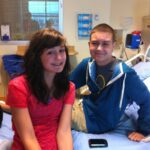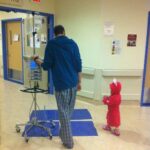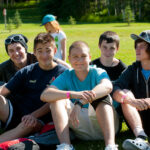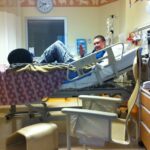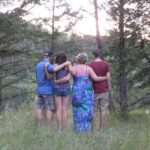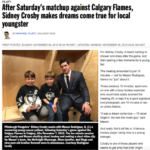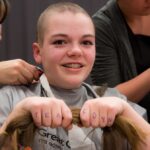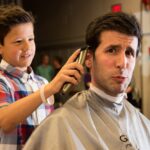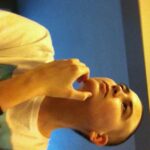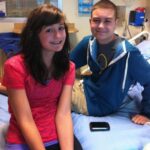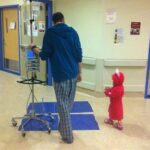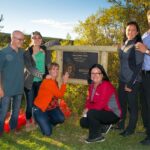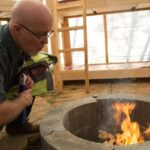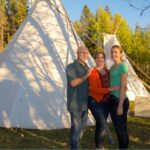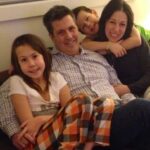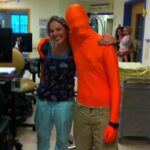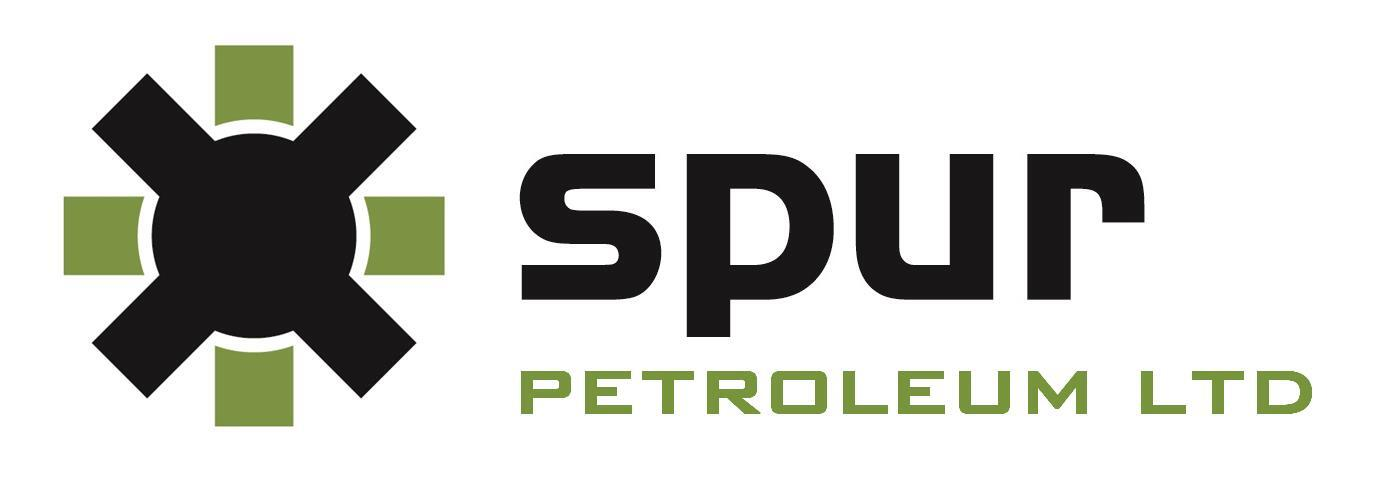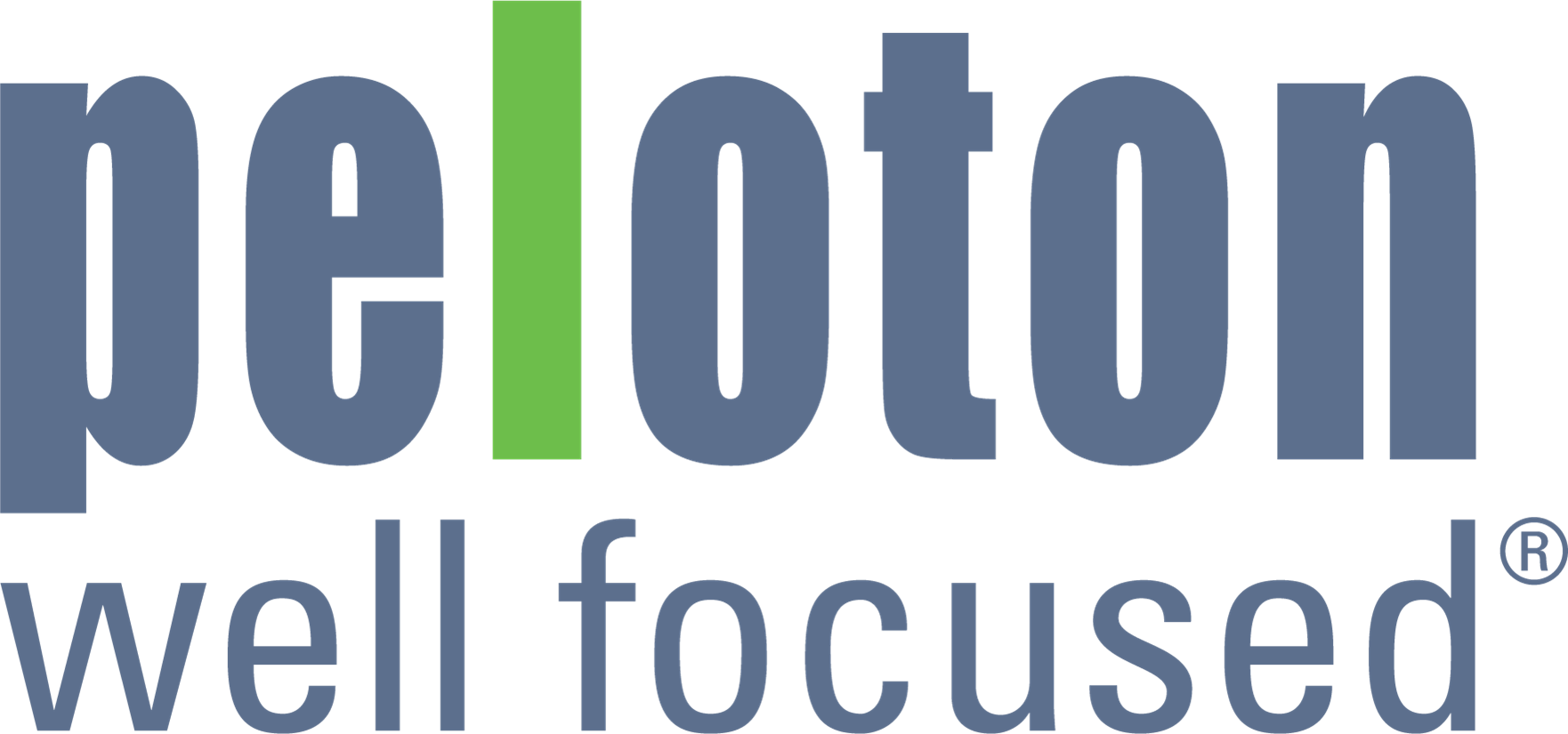“Three days after his 10th birthday, our son Joel was diagnosed with medullablastoma. It was one of the darkest day of our lives and the first time Joel ever saw his father cry.”— Ed Zukowski
They called him the Polish Prince at the hospital and, with a name like Zukowski, it’s not hard to imagine why. But Joel’s nickname originated from something more profound than a surname. The nurses and doctors called him the Polish Prince because, for a 10-year-old boy, Joel exhibited uncommon valor in the face of cancer.
“Joel faced every treatment with such quiet courage,” says Joel’s father Ed. “He was so brave in his acceptance of it. He made it so much easier on the medical staff because he didn’t fight it.”
After months of symptoms that stumped both his parents and doctors, Joel was diagnosed with medulloblastoma. He had a tumour about the size of kiwi at the base of his head. This was the source of the migraines, dizzy spells, nausea and vomiting that had plagued Joel over the last year.
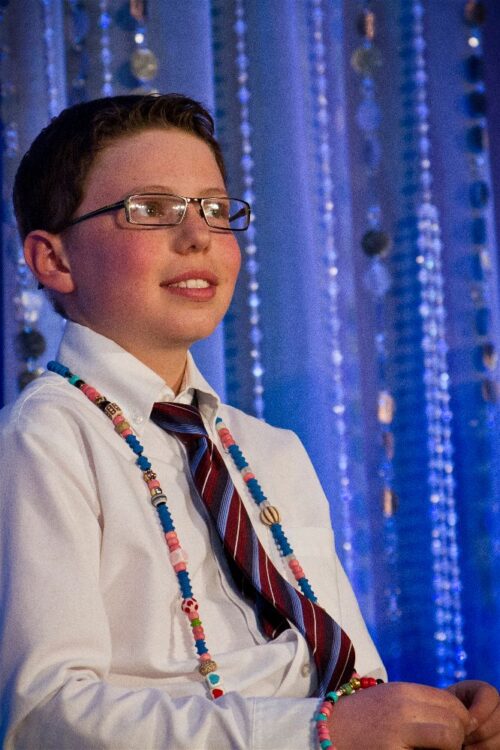
It was a solid mass, which hadn’t spread, so it was operable. The doctors were confident Joel would make it, if they could remove the tumour.
The treatment plan called for surgery, followed by radiation and four rounds of high-dose chemotherapy, each followed by a stem cell transplant. Considered radical at the time, the treatment demanded vast reserves of inner strength and self-mastery from Joel.
When Joel woke up after surgery, he was initially unable to speak or move. He would lie there, staring at the ceiling for hours on end. It was weeks before Joel could move again.
Before giving him chemo, they harvested 350 million stem cells from his body, which they later froze and re-injected into Joel after each round of chemo. The hardest part for Joel wasn’t the vomiting or the hair loss. It was lying perfectly still for two days straight, while they harvested the cells.
Radiation demanded even more restraint and self-control from Joel. With each round of radiation, Joel’s face was fitted into a plastic mask, secured to the gurney on which he lay. Again, Joel had to lie perfectly still, so the radiation would hit only specified areas and avoid healthy brain tissue. The procedure made him nauseous and Joel had to summon all his powers of concentration to avoid throwing up.
Not long ago, Joel’s treatment was considered radical by most Canadian oncologists. Today, it is considered the most effective and safest treatment for medulloblastoma, curing 80 per cent of children diagnosed with it.
Joel and his family were pioneers in medical research and, although he remained cancer-free for five years, in 2014, Joel relapsed. After a long seven-year battle with cancer, Joel passed away on October 3, 2015 at the age of 16.
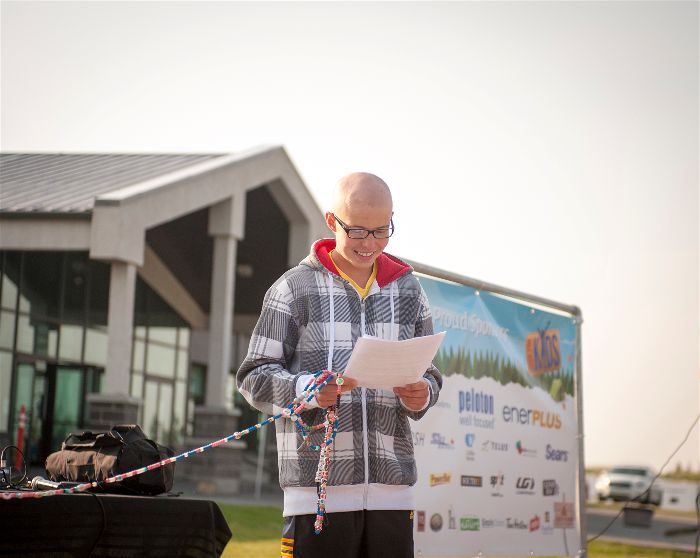
Three days before passing away, Joel insisted on going shopping to buy his mother a birthday gift. By this time, he was in a wheelchair. Before they entered each store, Joel would muster all his energy to pull himself out of his wheelchair. Hooking arms with his mom, they would browse around, laughing and joking together. He did find the perfect gift; however, it would be the last gift he would ever buy. But that’s how Joel was. He was a thoughtful and generous guy.
And, he had incredible resolve.
Among Joel’s many passions was golf. About three weeks before he passed away, his family went golfing in Kananaskis. It was a bitterly cold day. It was raining and blowing so hard the rain was coming down sideways. Joel was fatigued and cold, but he was determined to enjoy himself.
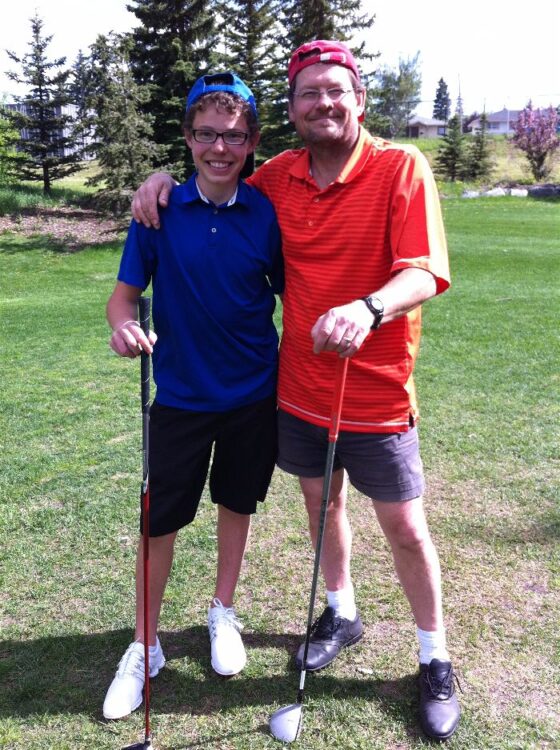
“By this time, Joel was 90 per cent numb from the waist down,” says his mother Dale. “We had purchased walking poles to help him walk and for balance. Instead of being embarrassed, he was quite proud of his poles and covered them with bright neon stickers.”
Secretly, the rest of the group wanted to pack up and go home, but after quick break in the clubhouse, Joel had bounced back.
Smiling from ear to ear, he said: “Mom, I had a snack and warmed up. Now I have a second wind. Uncle Richard got a handicap flag for the golf cart, so we can drive right up to the golf ball.”
After a brief pause, Joel fired up, “Well, what are we standing around for? Let’s go!”Joel demonstrated a similar resolve in his volunteer work. A Kids Cancer Care spokeskid, he continued to represent the foundation, even when he was very sick and just weeks away from passing. He was wise beyond his years and touched countless lives, inspiring a legacy of fundraising for Kids Cancer Care in his honour.
“Although it has been so challenging,” says Ed. “The experience forced us to open up and share our burdens with others. What kept Joel going the whole time was remembering all the people who love him. Kids Cancer Care showed us we are not alone and played a huge role in helping Joel to have fun, fulfill his potential and maintain a positive attitude right up until the end.”
New insights into medullablastoma
Calgary cancer scientists are discovering that medulloblastoma is not really one entity. There seems to be subtypes of medulloblastoma that behave differently from each other and are therefore more or less sensitive to certain treatments. This is explains why reaching 100 per cent cure rate for medullablastoma has been elusive. University of Calgary scientists are creating models of medulloblastoma and other brain tumours, so that they can study the diseases and the effects of drugs on them before introducing them to children. Working with these models, medical teams hope to test and safely introduce promising new drugs to kids whose frontline therapy has failed. New research is vital for children with refractory and relapsed cancers. To donate to research, click here.
Please watch our 2017 Father’s Day video, featuring Ed Zukowski:
